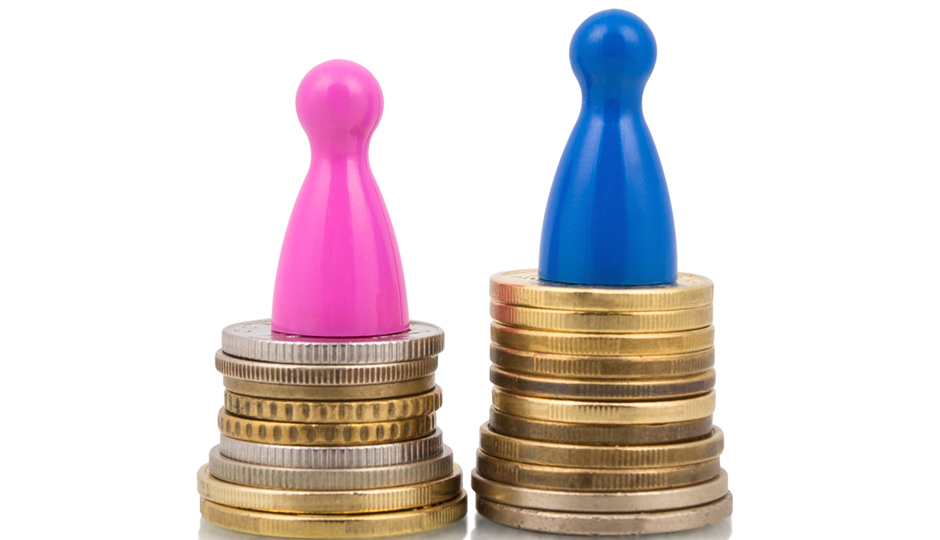In PA, Women Are Paid 79 Cents on the Dollar Compared to Men

(Popartic Shutterstock)
Hillary Clinton has put the wage gap between men and women at the forefront of the her economic policy — and made it a hot-button issue in the 2016 presidential election. It’s got many people wondering: Why should a woman doing the same job be paid less than a man?
A new study by the National Partnership for Women & Families finds that women in Pennsylvania are paid 79 cents on the dollar compared to men. That puts the state right on par with the national average.
In PA, a man holding a full-time, year-round job earns $50,412 per year, while a women holding a full-time, year-round job is paid $39,905 per year. That amounts to a yearly wage gap of $10,507 and a total loss of more than 19 billion dollars every year, the study says.
The study attempts to put the gender pay gap into perspective by examining what the extra money could buy:
- 80 more weeks of food for her family (one and a half years’ worth).
- Eight more months of mortgage and utilities payments.
- More than 12 more months of rent.
- 4,322 additional gallons of gas.
But pay is much more equal in Philadelphia, where women earn 95 cents on the dollar compared to men. In Philly, a woman holding a full-time job is paid an average of $40,126 per year while a man makes $42,333. That’s a yearly wage gap of $2,207.
“This study confirms that a punishing wage gap persists for women in every corner of the country and the costs for women, their families and our national and state economies are significant,” said Debra L. Ness, president of the National Partnership for Women & Families. “That women in their states are losing tens of thousands of dollars in critical income each year should be enough to compel lawmakers to act, but too many have failed to do so, especially at the national level. America’s women and families – and our nation – cannot afford to wait any longer for the fair and family friendly measures that would help.”
Will the gender pay gap resonate with voters? The National Partnership for Women & Families certainly thinks so. It reports that 49 percent of U.S. voters believe that the wage gap has a major impact on the U.S. economy as a whole, and that 68 percent favor policies that would address gender discrimination. Less than one-quarter of voters oppose such a proposal.


